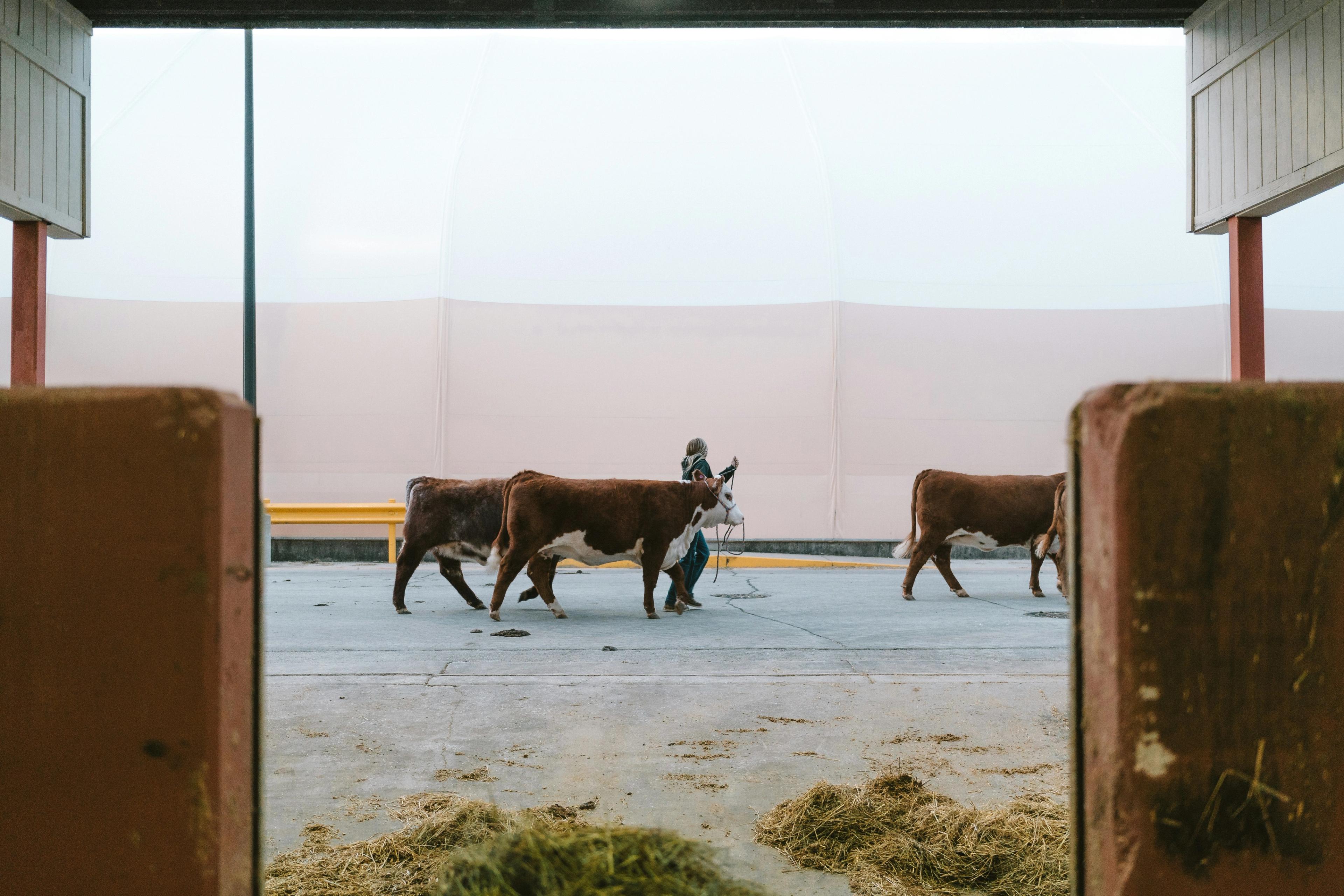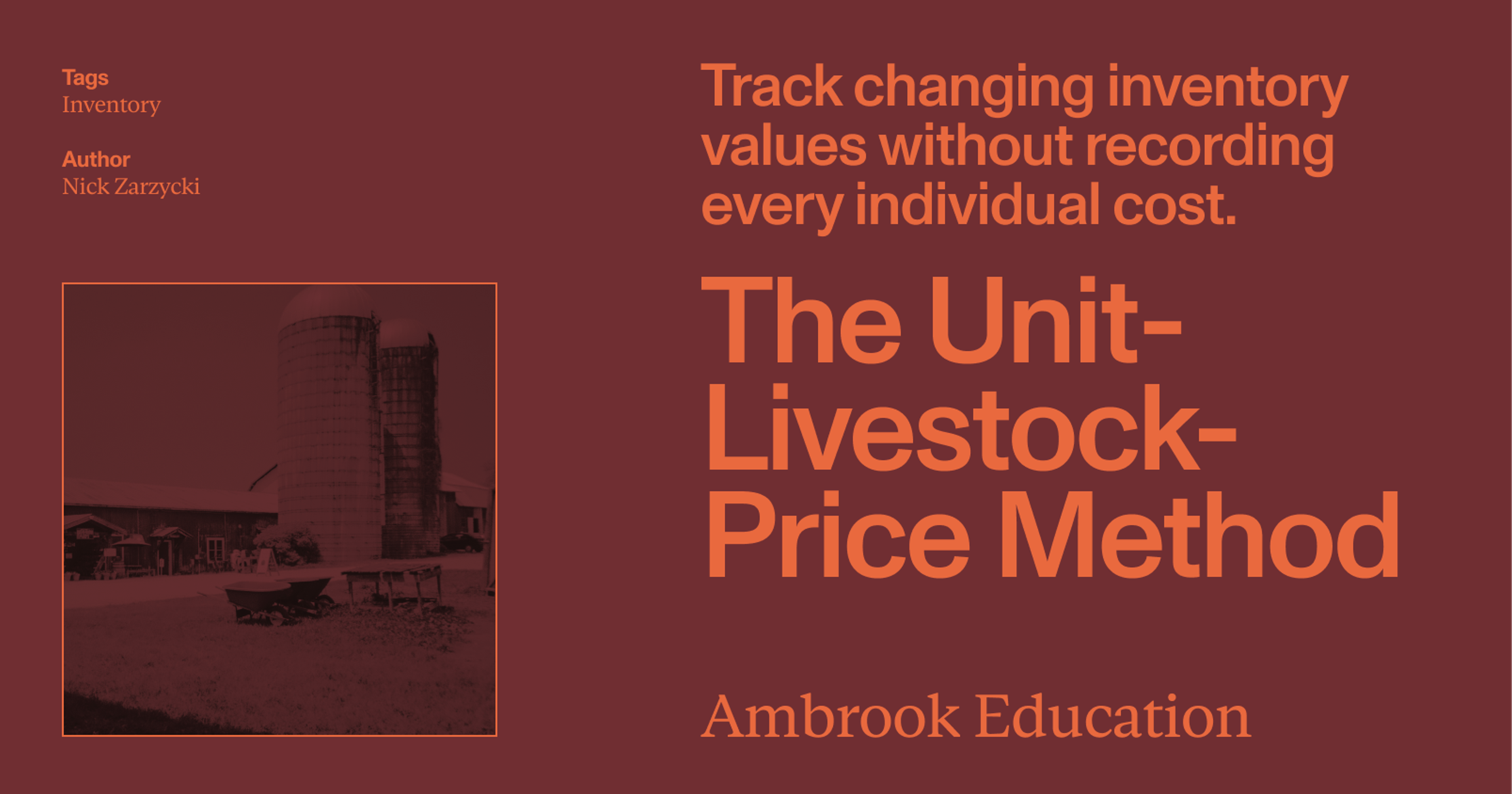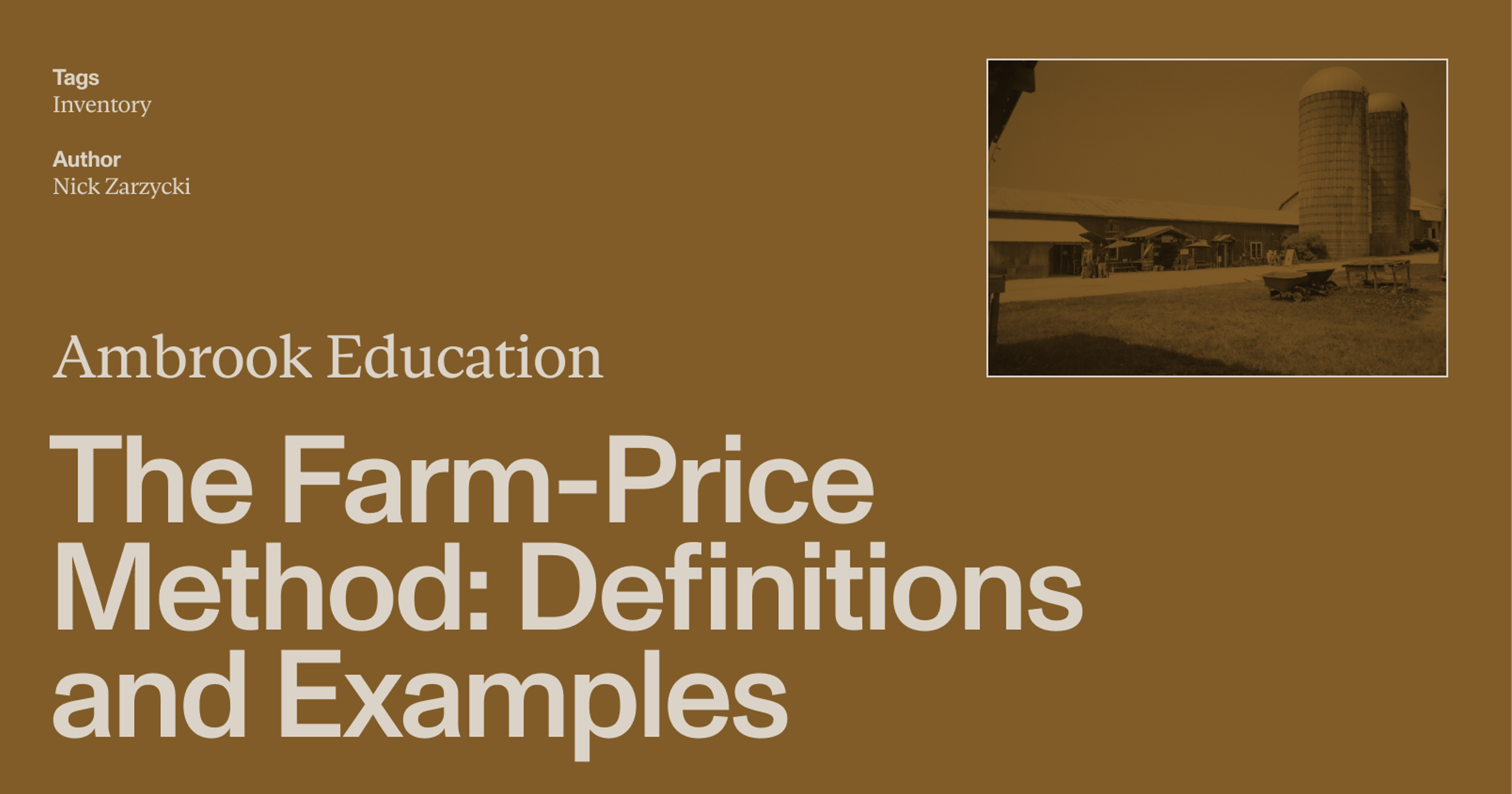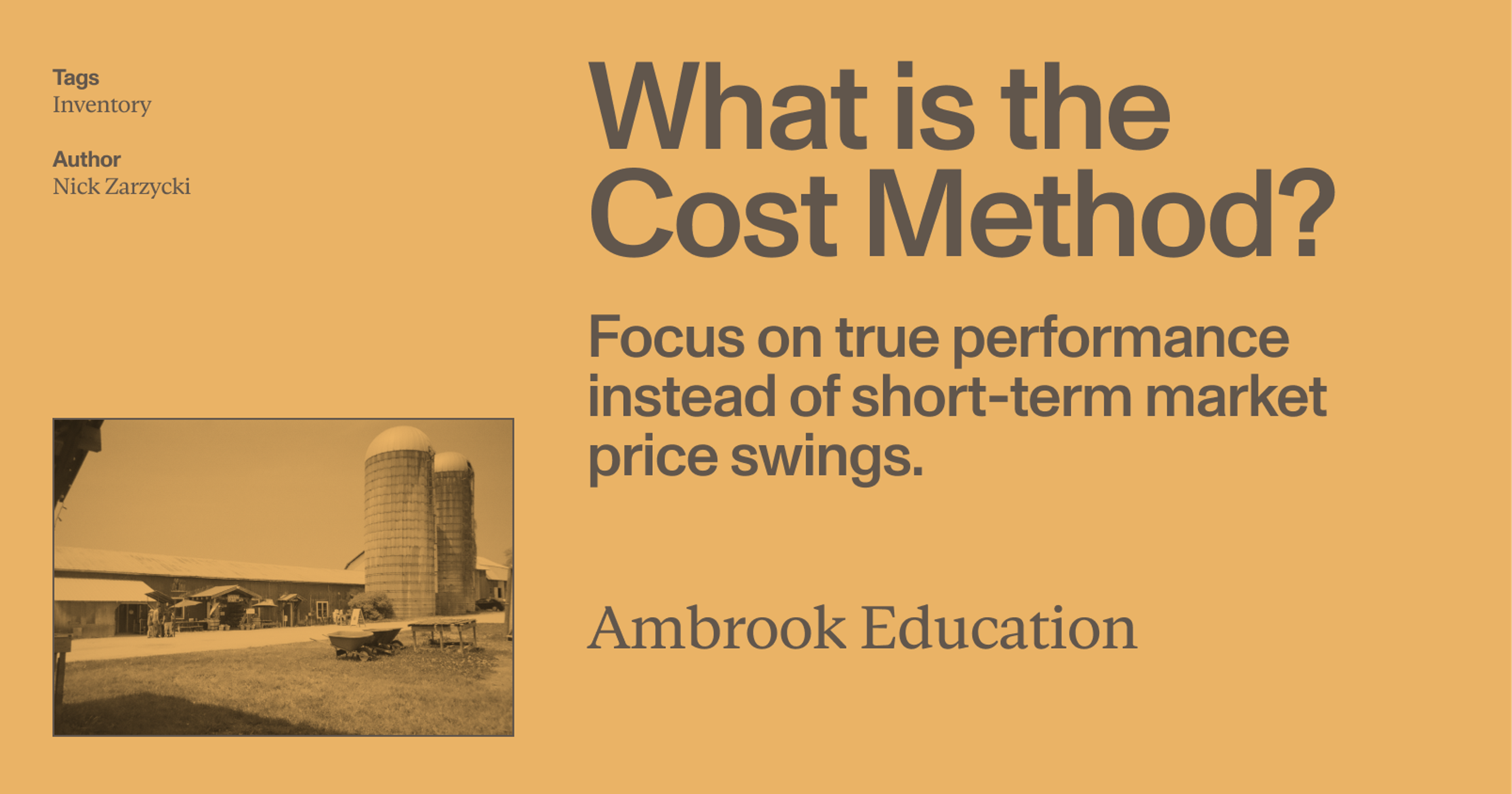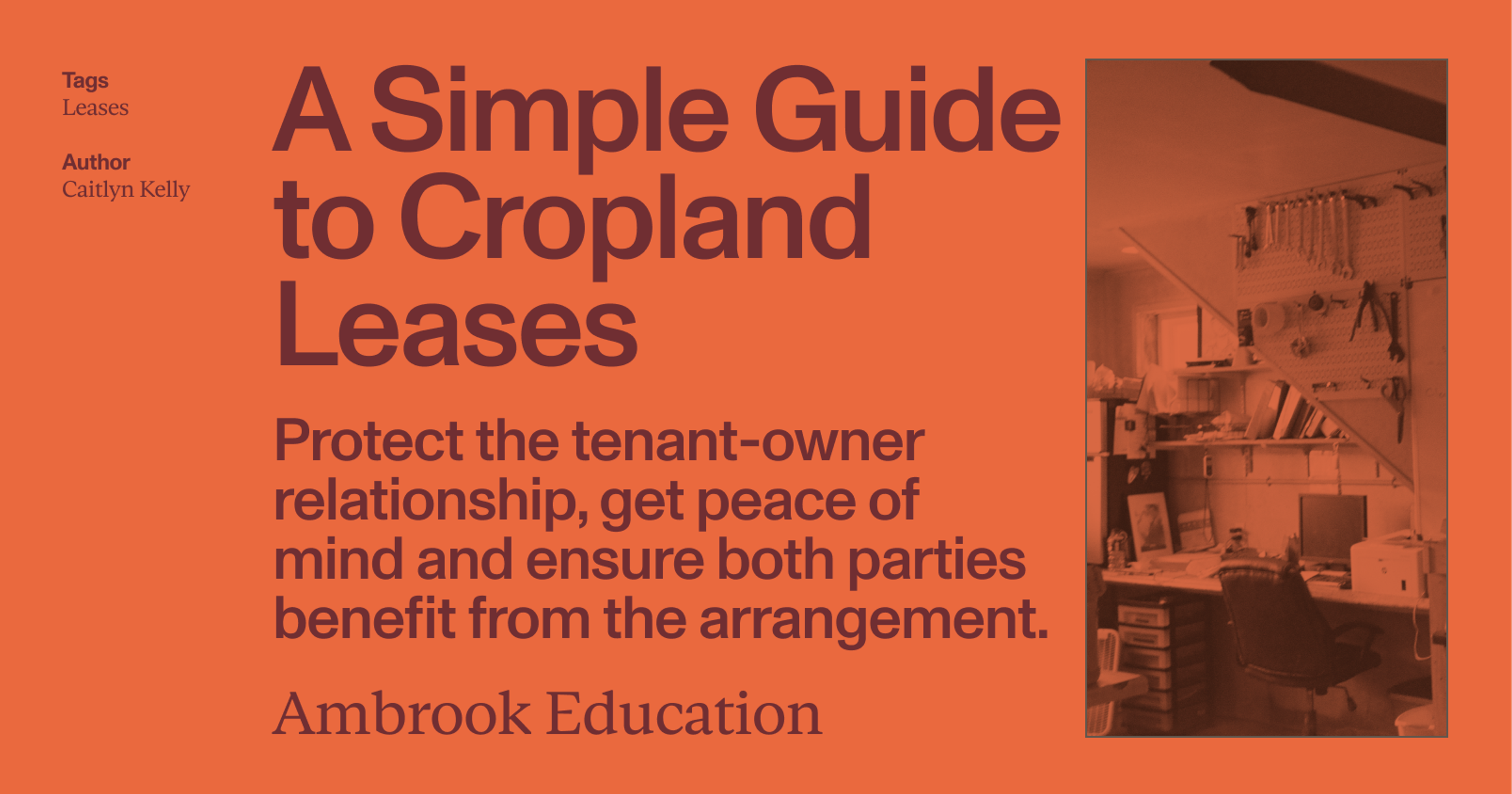A CPA can help with your bookkeeping, taxes, accounting and business planning, but bringing one on board can involve a significant expense. Here’s what you need to know before hiring one.
Many agricultural producers are familiar with the benefits of hiring a certified public accountant (CPA) to help with annual tax filing, and a CPA can also help with payroll and bookkeeping, represent you in the event of a tax dispute with the IRS and even help you develop long-term strategies for your business.
But hiring a CPA is also a business expense, and like any expense it needs to be justified. Here’s what you need to know about the costs and benefits of hiring one for your ag operation.
CPA vs. accountant: what’s the difference?
All CPAs are accountants, but not every accountant is a CPA. In the 2023 National Society of Accountants (NSA) income and fees survey, 36% of respondents were CPAs and 49% were Enrolled Agents (EAs).
To become a CPA, an accountant must be certified with the Board of Accountancy in the state where they practice. That means:
Obtaining a bachelor’s degree or higher in accounting, finance, or business administration, with a total of 150 credit hours (and 24 semester hours in accounting)
Having at least one year’s experience working under a licensed CPA (in some jurisdictions, the requirement is two years)
Passing the Uniform CPA Exam
To keep their certification, a CPA must meet continuing education requirements—namely, regulatory reviews and ethics. An accountant who has a CPA designation typically charges higher rates than an accountant who does not.
Why hire a CPA?
If CPAs cost more, then why hire a CPA rather than a ‘normal’ accountant? A CPA can do a few things other accountants can’t, namely:
Audit financial statements and produce an auditor’s opinion
Represent clients before the IRS during audits, collections, and appeals processes
Meet regulatory and licensing requirements in states that require a CPA to sign off on financial reporting (this is particularly important if you are applying for a loan)
Besides that, a CPA is bound by the requirements of their licensing board to follow professional and ethical standards and follow Generally Accepted Accounting Principles (GAAP).
CPAs vs. Enrolled Agents (EAs)
Enrolled Agents (EAs) are similar to CPAs in that they are legally able to represent their clients before the IRS.
However, EAs are regulated at the federal, not the state, level. They specialize in tax services—not just representation, but also preparation, filing, and planning.
An EA’s services have a narrower scope than a CPA’s, and they typically charge lower fees. If you’re planning to hire an accountant to file your taxes, an EA is qualified to do the job and legally able to represent you before the IRS.
What does a CPA do?
A CPA’s services may include:
Tax filing: Producing end-of-year financial reports based on bookkeeping data, and preparing and filing tax forms for your ag operation.
Tax advising: Providing guidance when it comes to factors affecting your taxes, such as depreciation strategies and the reporting of capital gains and losses.
Business advising: Helping you choose a business structure, budget, create financial projections, enter into grazing lease or livestock lease agreements, and plan for succession.
Financial statements: While your bookkeeping system may already generate financial statements for your personal use, a CPA can produce and sign official financial statements you use to apply for a loan.
Business formation: Filing the necessary forms to register a limited liability company (LLC), elect C or S corporation tax status, or set up a partnership.
Payroll: While individual CPAs do not typically run payroll, many CPA firms offer payroll services.
Bookkeeping: Individual CPAs do not do bookkeeping, but many firms have bookkeepers on staff who can do your bookkeeping for you.
Representation: In the event of an audit or a tax dispute with the IRS, a CPA can serve as your representative.
How does a CPA charge for services?
There are a number of ways CPAs structure their fees. For an ag operation working with a CPA, the most common (and relevant) are:
Hourly rate. Your accountant charges an hourly rate; the longer it takes them to complete a job for you, the more you pay.
Flat rate. Your accountant charges a flat fee to complete a specific task, e.g. individual tax filing with Schedule F, completing and filing a Form 1099-NEC, etc.
Project-based rate. A flat fee to complete a particular project with multiple components, e.g. financial statements for a loan application, LLC registration and S corp election, etc.
Retainer fees. You pay a monthly or quarterly fee for ongoing access to CPA services like compliance support or advisory services.
Value-based pricing. Your accountant charges a fee based on the amount of money they save your ag operation by performing high-level services, e.g. tax advising.
In practice, many CPAs mix these fees. For instance, you may pay a monthly retainer for bookkeeping and payroll services, and then a flat rate to have your taxes filed at the end of the year. Or you may pay a flat rate to have your taxes filed, plus additional hourly fees for catch-up bookkeeping services or lengthy correspondence with the IRS.
How much does a CPA cost?
CPAs’ rates may vary according to location, services offered, size of the firm and how different services are bundled.
The 2023 NSA income and fees survey gathered data on fees accountants charged their clients. All respondents were NSA members, of which 49% were EAs, 36% were CPAs, and 15% were unlicensed or had other credentials (e.g. Accredited Tax Preparers and Advisors, Licensed Public Accountants, etc.)
Average Schedule F flat rate, 2023:
$196
Accountant average hourly fees
The table below shows the average hourly rates reported in the 2023 NSA survey, which varied according to what type of service was being performed.
| Service | Rate (per hour) |
|---|---|
| Full payroll services | $100 - $150 |
| QuickBooks or bookkeeping advisory | $100 - $150 |
| Financial services | $150 - $200 |
| Financial statement presentation | $150 - $200 |
| Financial statement audit | $150 - $200+ |
| Tax services | $150 - $200 |
| Federal/state tax returns | $150 - $200 |
Accountant average flat rate fees
The table below shows the average flat rates reported in the 2023 NSA survey for standard form completion and filing, and did not include extra correspondence, catch-up bookkeeping, or other added costs.
| Form | Flat Rate Fee |
|---|---|
| Form 1040, not itemized | $279 |
| Form 1040, itemized | $392 |
| Form 1120S (S corp return) | $970 |
| Form 1120 (Corporate return) | $1,004 |
| Schedule F (Farm) | $196 |
| Schedule SE (Self-employment tax) | $62 |
| Schedule D / Form 8949 (Capital gains and losses) | $126 |
| Form 943 (Employer’s quarterly return for farms) | $88 |
Can hiring a CPA save you money?
A CPA can save your ag operation money by:
Helping you identify and claim tax deductions and credits
Advising you on the best strategies for depreciating assets
Guiding you through business registration and S corp tax election, potentially lowering your tax bill
Advising you on how to structure grazing leases, livestock leases, and business partnerships
Filing your taxes accurately and on time, so you avoid IRS penalties
If owe IRS penalties or interest, negotiating with the IRS to reduce the amount you pay
Saving you time you would otherwise spend on filing your own taxes, so you can use it more profitably
In some cases, however, hiring a CPA may not be the best choice.
For instance, while many accounting firms offer bookkeeping services, they aren’t always competitive with other solutions—like Ambrook. Doing a side-by-side cost and features comparison can help you decide which is best for your ag operation.
Similarly, SaaS payroll solutions like Gusto may end up costing less than having your accountant run payroll for you.
And it’s worth your time to consider whether you need to hire a CPA, or whether an EA can do the job just as effectively for a lower price. They specialize in taxes—so if filing an accurate return is your number one concern, you may be better off hiring an EA.
Is hiring a CPA tax deductible?
Good news if you’re planning to hire an accountant: the cost of business accounting services is 100% deductible on your ag operation’s tax return.
Your accountant will thank you for using Ambrook
Ambrook is a complete financial platform for your agricultural operation. With Ambrook, you get a complete set of books and end-of-year financial statements—all the documents your accountant needs to file your taxes. That means no loose ends, and no playing catch-up with bookkeeping.
Plus, with time-saving bookkeeping automation features, automatically-generated financial reports, streamlined bill pay and invoicing, and other powerful accounting and financial management tools, Ambrook takes the guesswork out of running your business. Want to learn more? Schedule a demo today.
Want to learn more about Ambrook?
This resource is provided for general informational purposes only. It does not constitute professional tax, legal, or accounting advice. The information may not apply to your specific situation. Please consult with a qualified tax professional regarding your individual circumstances before making any tax-related decisions.

